Leg, Hip & Foot Injury Specialists in Dallas
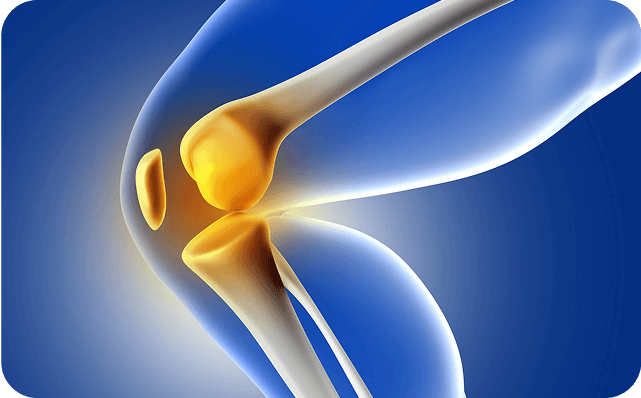
Joint pain, swelling, arthritis, or injury
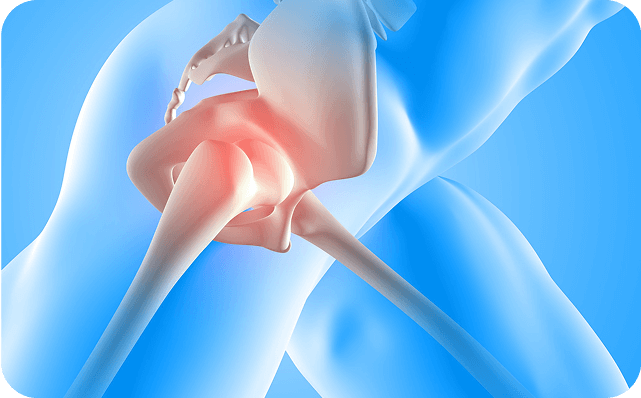
Trauma, arthritis, or overuse bursitis
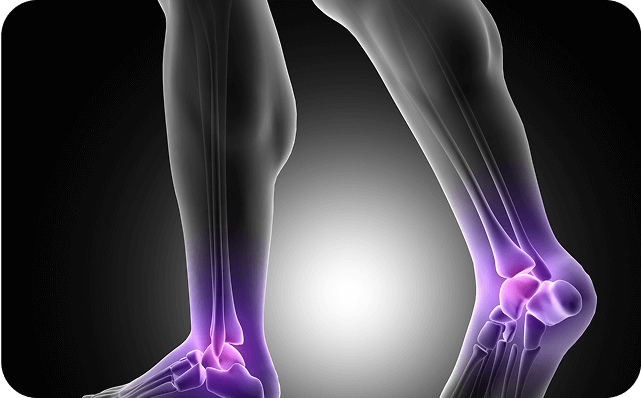
Fractures, sprains, plantar fasciitis
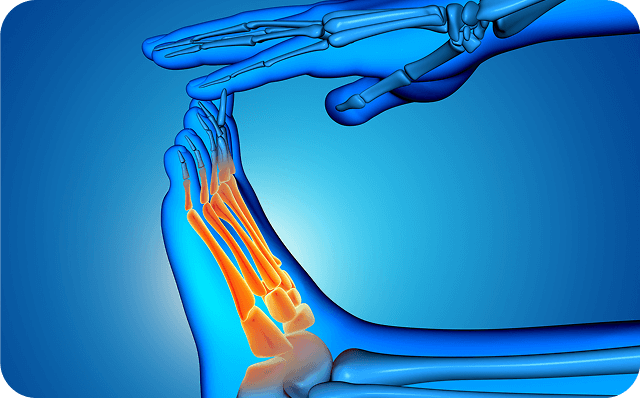
Nerve pain from trauma or diabetes
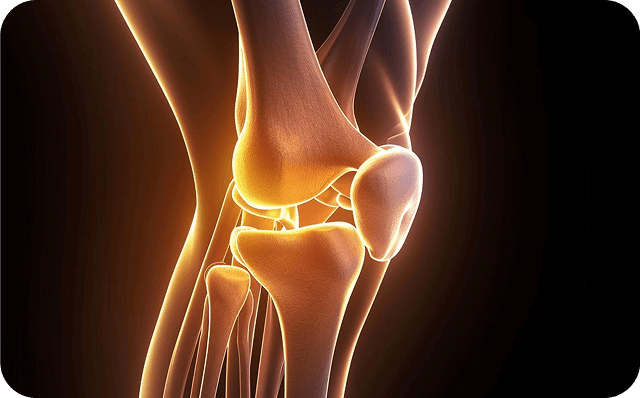
Runner’s knee; pain with stairs / squats
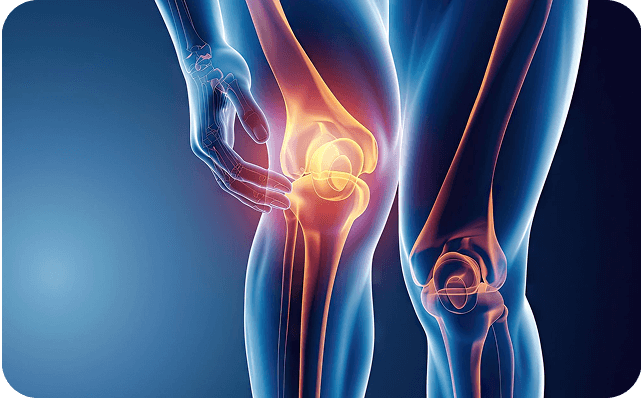
Outer knee / hip pain in athletes
Explore Other
Leg, Hip &
Foot Diagnoses
Achilles tendinopathy · Ankle sprain · Femoroacetabular impingement (FAI) · Hip/Tib-Fib/Ankle fractures · Hamstring strain · Iliopsoas tendinopathy · Meniscus tear · Morton’s neuroma · Plantar fasciitis · Shin splints · Snapping hip syndrome · Stress fractures (metatarsal/tibia).


Why Choose Dallas Spine for Leg, Hip & Foot Care
Fellowship-trained orthopedic & pain specialists
Injury-focused: sports, falls, car accidents
Early, accurate diagnosis—no wasted weeks
Fluoroscopy-guided injections for precision
Same-/next-day access at seven DFW clinics
Integrated pathway from therapy to surgery



Request Your Same-Day Leg, Hip & Foot Evaluation
Don’t wait in pain — our expert spine specialists are available for same-day evaluations.
If swelling, locking, or night pain lasts beyond three weeks, start with a weight-bearing X-ray. MRI clarifies cartilage, meniscus, and ligament damage and helps set a precise treatment plan—therapy, injections, or surgery. Learn more on our Knee Pain.
Yes—light walking is fine the same day. Expect mild soreness for 24–48 hours as medication disperses. Ice 10–15 minutes a few times that day. Avoid running, jumping, deep squats, or lunges for 48 hours; then advance activity as pain allows. If you received PRP, avoid NSAIDs for 5–7 days. Details on our Knee Pain.
A patellar-tracking brace relieves pain in many patients. Adding a cortisone or PRP injection often improves success and speeds return to activity, especially when paired with targeted PT. See options on Patellofemoral Pain.
Often, yes—especially with swelling, bruising, or inability to bear weight. X-rays assess fracture; MRI evaluates tendon or ligament injury so treatment can be tailored. Learn more on Ankle & Foot Pain.
Yes. While diabetes is common, trauma or nerve compression from accidents can cause burning, numbness, or weakness in the legs or feet. EMG/nerve studies confirm diagnosis and guide care. Read more at Peripheral Neuropathy.
Delays can lead to stiffness, arthritis, nerve damage, or chronic disability. Early evaluation allows timely therapy, injections, or minimally invasive repair—shortening recovery and protecting long-term function. Explore the hub at Leg, Hip & Foot.